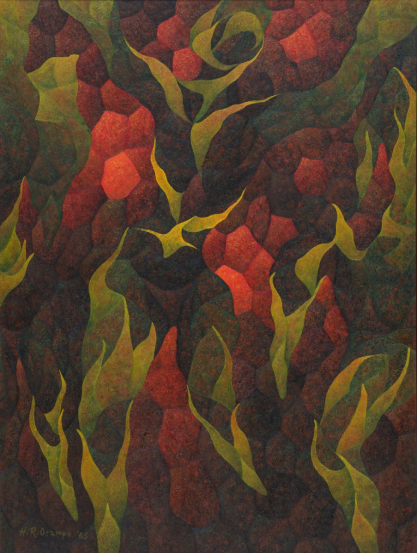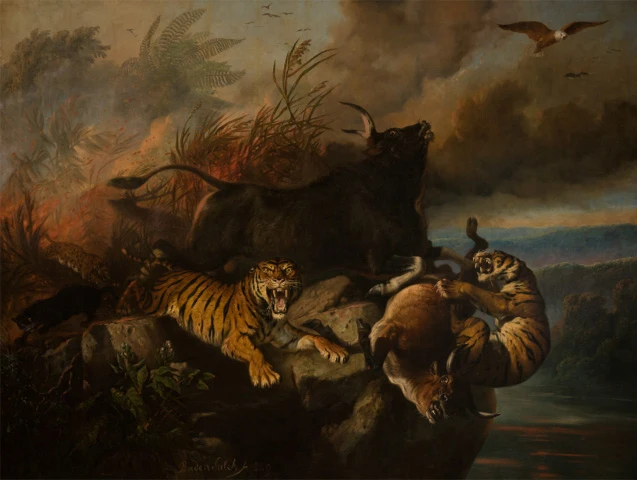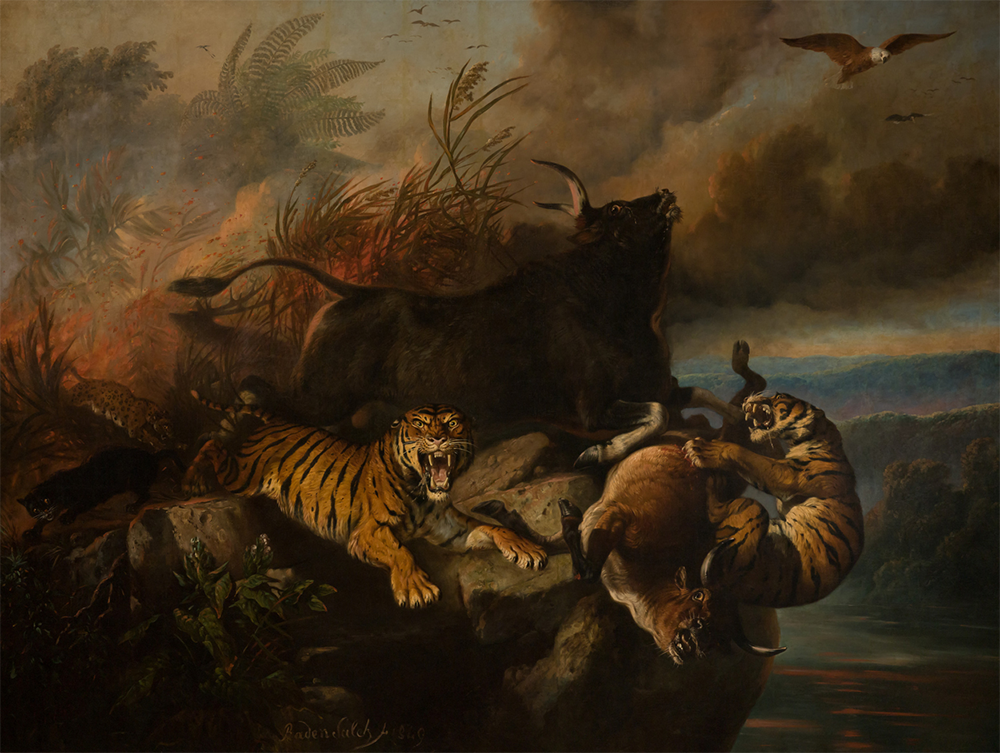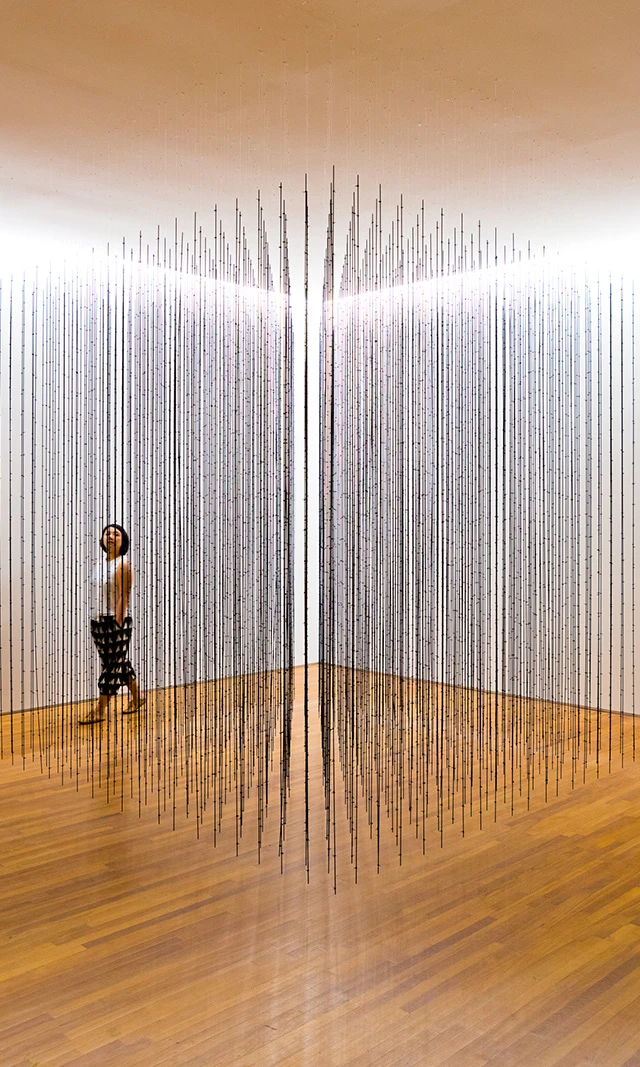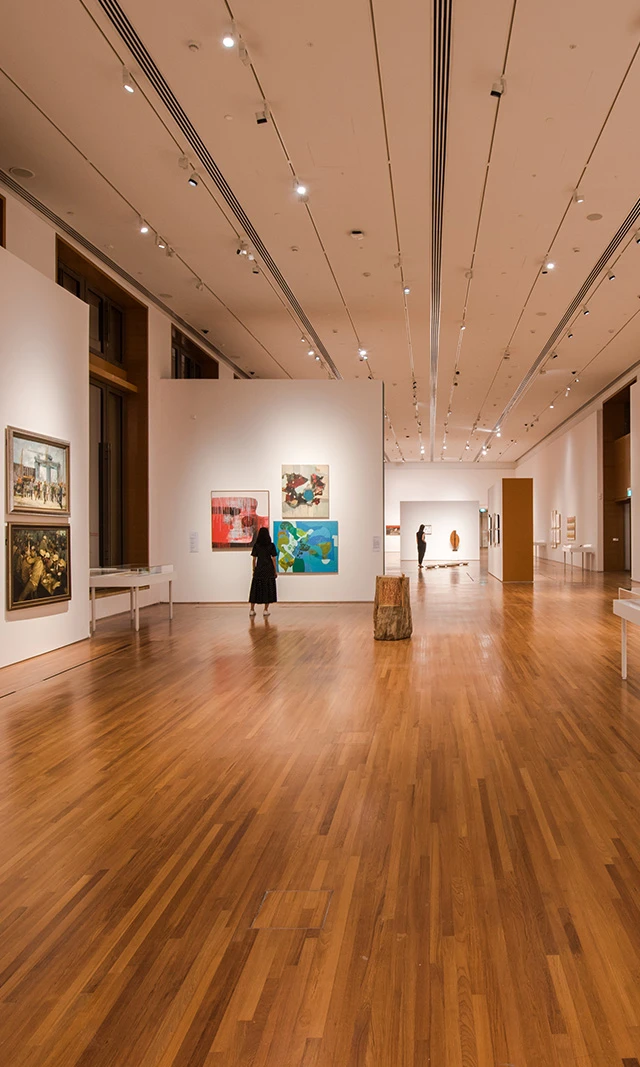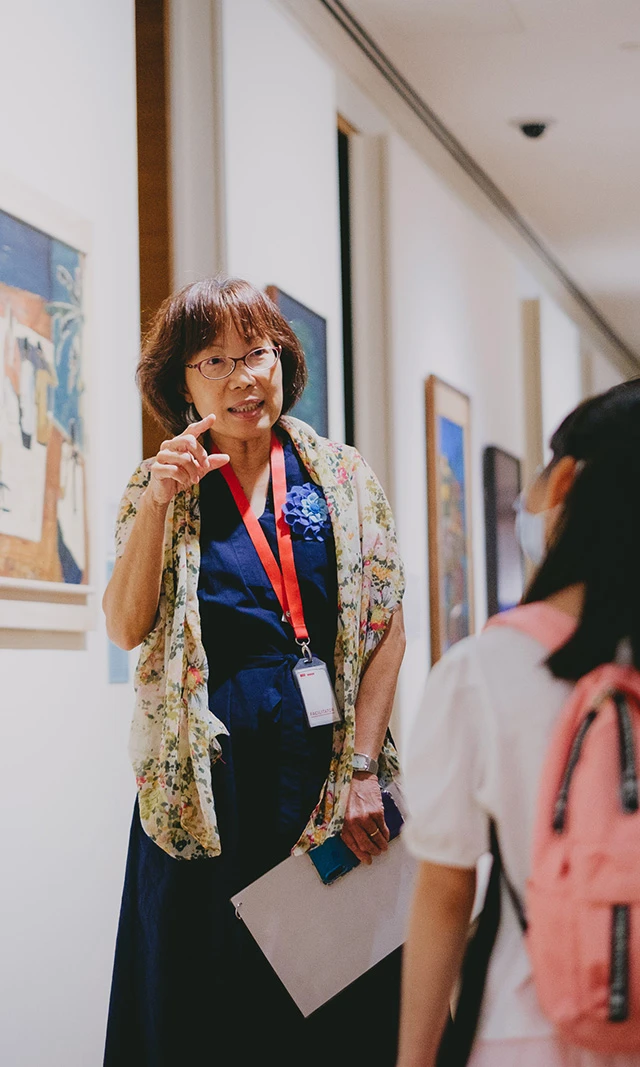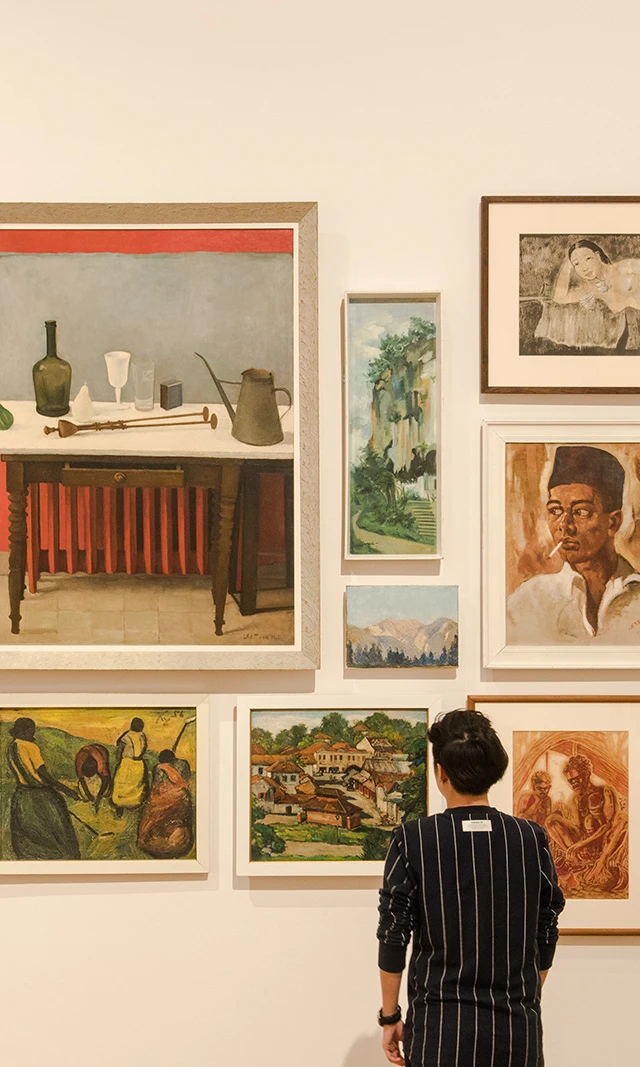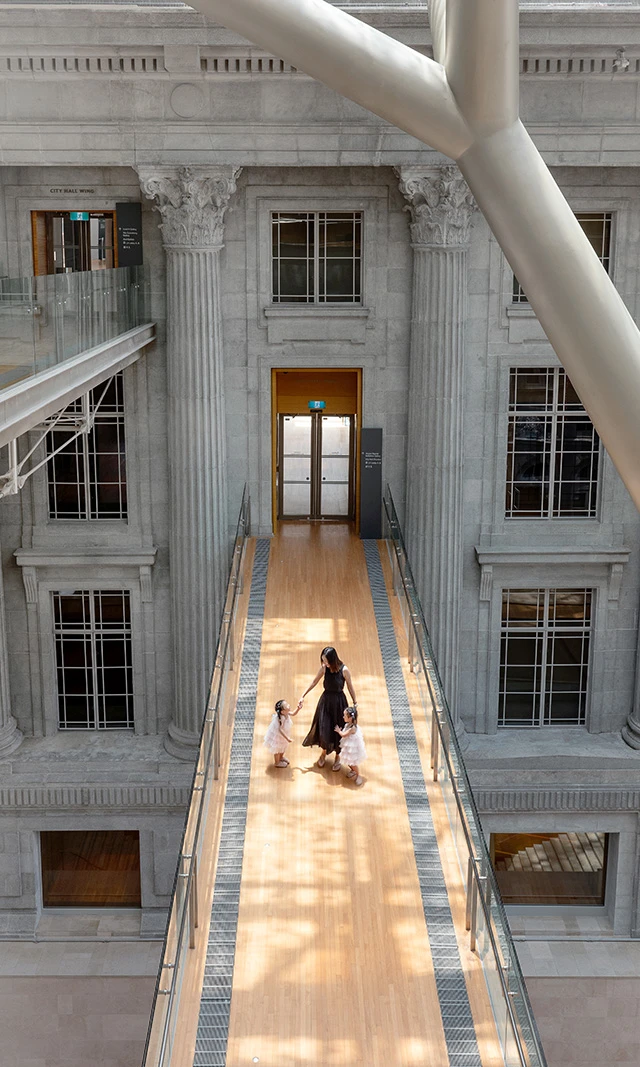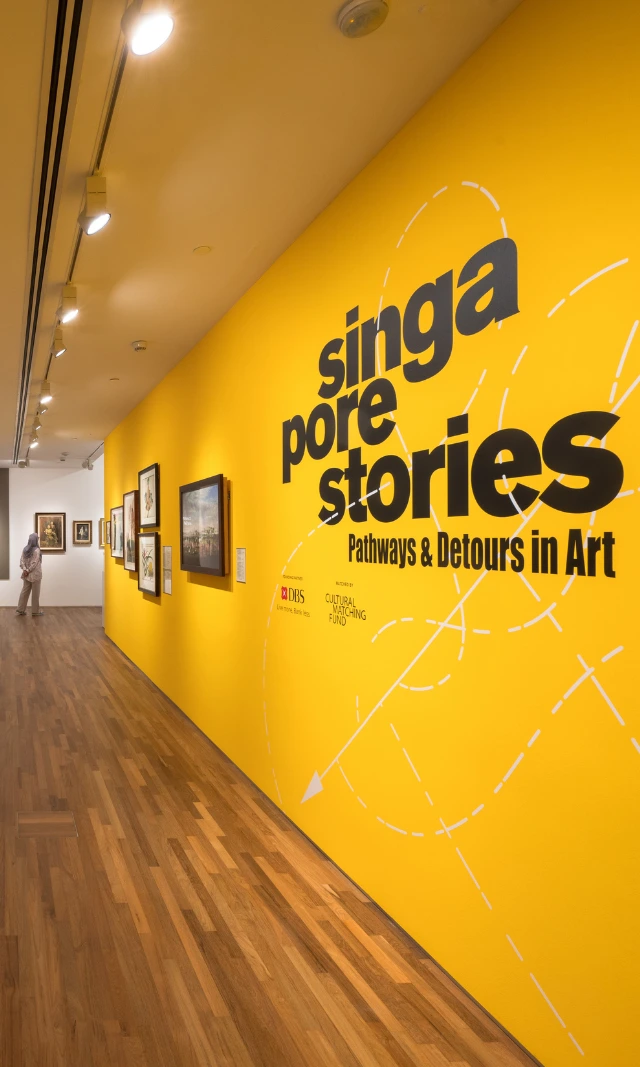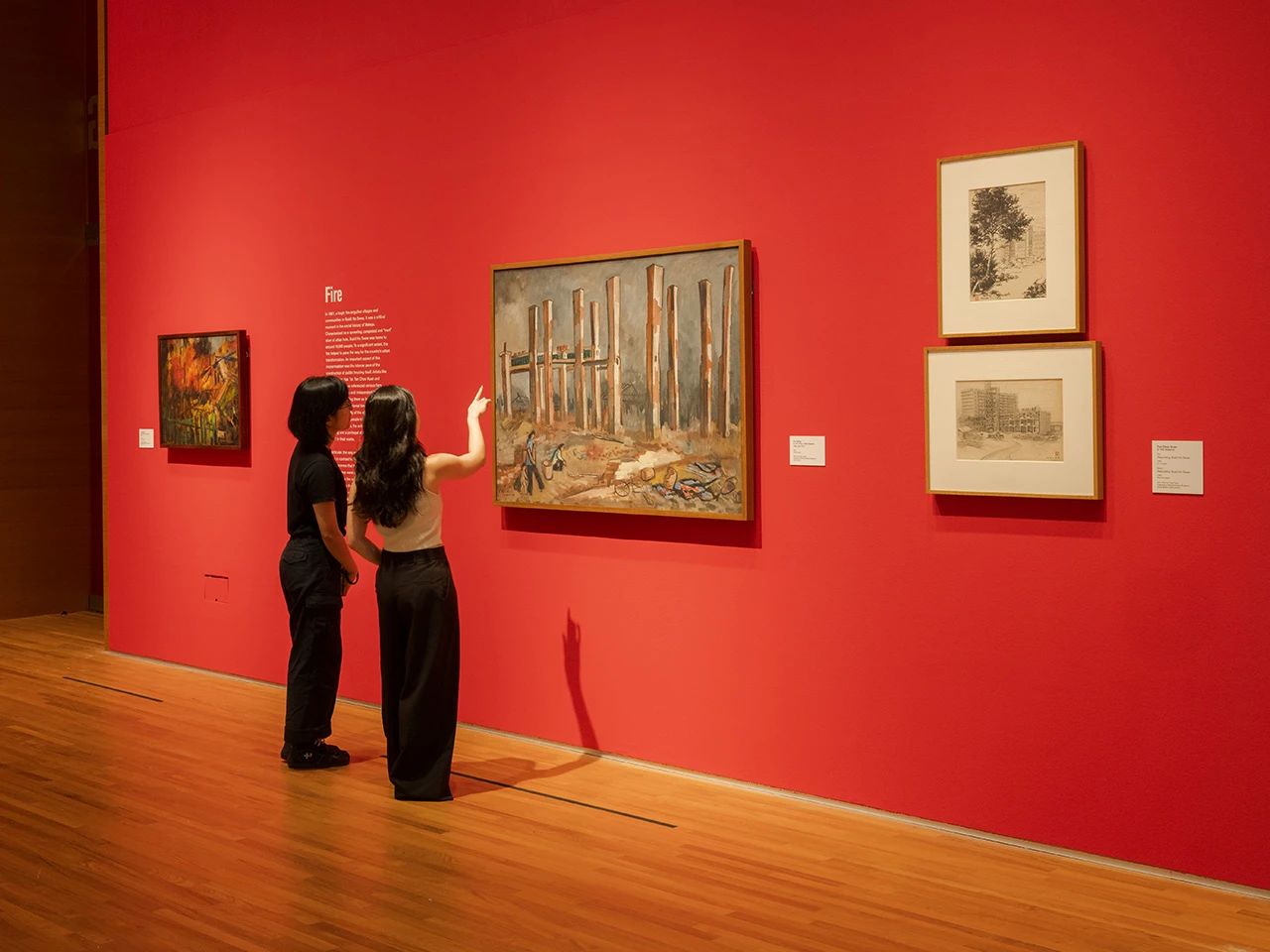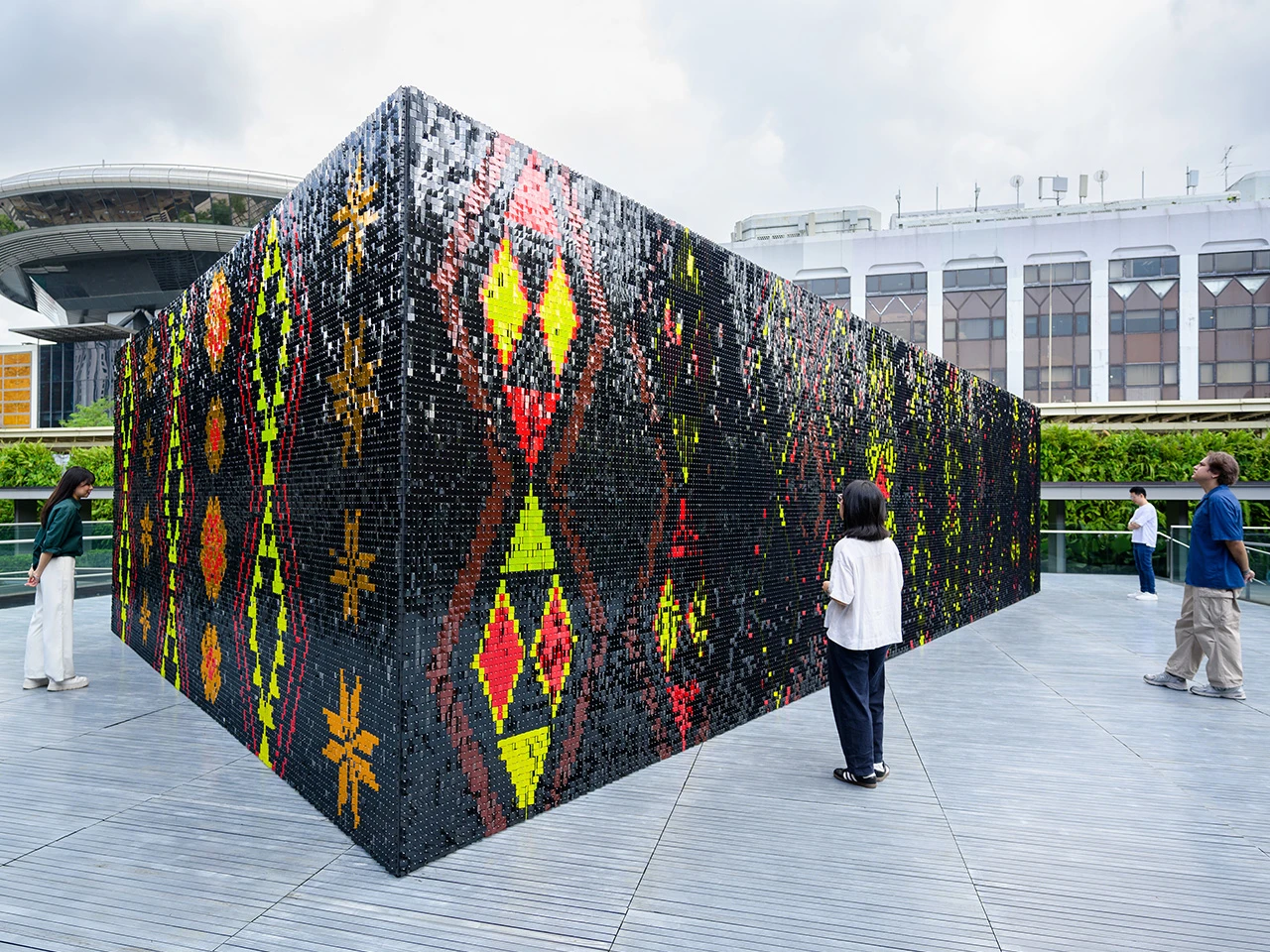The National Library Board's exhibition highlights three pivotal laws that shaped modern Singapore. How did the Citizenship Ordinance, Women's Charter, and Employment Act mould the identity of the country and its people? Explore artefacts and interactive features that influenced Singapore’s journey to nationhood.
-
When: Now till 2029 - Suitable For: Adults, Families, Visitors 65 and above, Visitors with accessibility needs, Students and Educators
- Where: Level 3, Chief Justice's Chamber and Office, Supreme Court Wing
Three laws that shaped a nation
How did we grow from being a people without legal status, living with gender discrimination, and labouring under archaic employment laws, to becoming a modern nation, “strong and free”?
It had a lot to do with the introduction of three pivotal laws. In this exhibition by the National Library Board (NLB), we shine a spotlight on the Citizenship Ordinance, the Women’s Charter, and the Employment Act.
These laws have been instrumental in shaping present-day Singapore, moulding the identity of the country and its people.
Explore the 37 artefacts on display and many interactive features that tell of Singapore’s journey to nationhood.
Delve into the historical circumstances of the past seven decades and engage with characters such as a servant girl and a voter in the 1959 general elections.
As part of NLB’s goal to be Singapore’s Storyteller, this exhibition shines a light on other areas of the nation’s history to inspire other storytellers.
Ways to experience this exhibition
Join a free guided tour by National Library Board where one gets to explore the historical development of three landmark laws that laid the foundation of modern Singapore.
- 5.30–6.30pm

Scan the QR codes available in the exhibition to engage with characters such as a girl servant also known as mui tsai and a citizen voter in the 1959 general elections, to learn about the historical circumstances behind the passing of Singapore's landmark laws.
